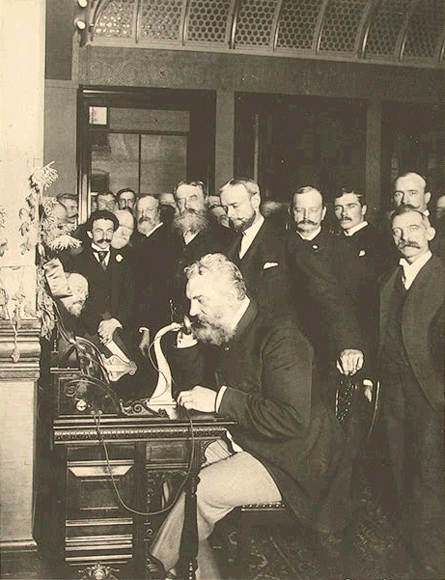1 Timothy 1:8-16
In the State of Louisiana it is illegal to wrestle a bear. I would love to know the backstory for this law.
I can just imagine a group of young men, standing around talking about who is stronger, quicker, smarter, etc. Then they start thinking of ways to prove it. “I’m strong enough to win a wrestling match with a bear.” One might have said, then another may have answered, “I bet you couldn’t!” And so begins the necessity of yet another seemingly random law. (Facepalm emoji)
The Use of God’s Law
We sometimes undervalue God’s Law. After all why would God give a set of Laws that He knew no-one could keep? And didn’t Jesus fulfill the Law anyway?
I understand. I get it. And I’m very thankful for the fact that Jesus did fulfill the Law, thus providing a way of salvation for all of us who couldn’t keep it.
But how do we use it correctly now?
“But we know that the law is good, if a man use it lawfully;” 1 Timothy 1:8
Who is the Law for?
Not for Righteous People
Paul starts answering some of the ready questions with the statement; “the law is not made for a righteous man” (1 Tim 1:9). If you are innocent, or holy in yourself the law simply wasn’t made for you.
For Sinners
But Paul doesn’t stop there. He immediately starts to list some of the kinds of people who the law was made for.
“… for the lawless and disobedient, for the ungodly and for sinners, for unholy and profane, for murderers of fathers and murderers of mothers, for manslayers, 10 For whoremongers, for them that defile themselves with mankind, for menstealers, for liars, for perjured persons, and if there be any other thing that is contrary to sound doctrine;” 1 Timothy 1:9b–10
Usually when we read lists like this one, we skim through them thinking “this isn’t me” then close the page and we’re done. But before we move on let’s key in on one word in this list: “liars”.
What is a liar? It’s someone who lies. The law is for liars. Let me be honest (if not obvious) this means me. It also includes 100% of people that I have ever met, and I’d assume that have every lived.
You, Me, and Paul
The law is not for righteous people, but it is for you and me. It’s for sinners.
It was for Paul. Look ahead at verses 12-13, where Paul lists some of the sins he was guilty of.
“12 And I thank Christ Jesus our Lord, who hath enabled me, for that he counted me faithful, putting me into the ministry; 13 Who was before a blasphemer, and a persecutor, and injurious: but I obtained mercy, because I did it ignorantly in unbelief.” 1 Timothy 1:12–13
The knowledge of sin was a part of the “glorious gospel” that Paul was called to preach (1 Tim 1:11). This is the same good news we as believers share today. Paul’s salvation was an act of mercy because of who Paul had been in the past (1 Tim 1:16). We have received this same mercy. Causing us to say as Paul did: “…Christ Jesus came into the world to save sinners; of whom I am chief.” (1 Tim 1:15)
Jesus Christ did come to save sinners. And I am so thankful that He saved me!
Your Salvation is an Example to Others
Through the example of our salvation we can lead others to belief in Christ Jesus and Everlasting Life.
"Howbeit for this cause I obtained mercy, that in me first Jesus Christ might shew forth all longsuffering, for a pattern to them which should hereafter believe on him to life everlasting." 1 Timothy 1:16
If you are a Believer you have the wonderful opportunity to share the gospel with others through your testimony.
Your Turn
How have you used your testimony to help you share the gospel with others?
Share your testimony in the comments below. Believers can be encouraged when we share like this and unbelievers have the opportunity to see God at work in normal peoples lives.
Share your testimony with someone in the real world. Yes. In real life. Look for a way to share with someone else what God has done in your life.

